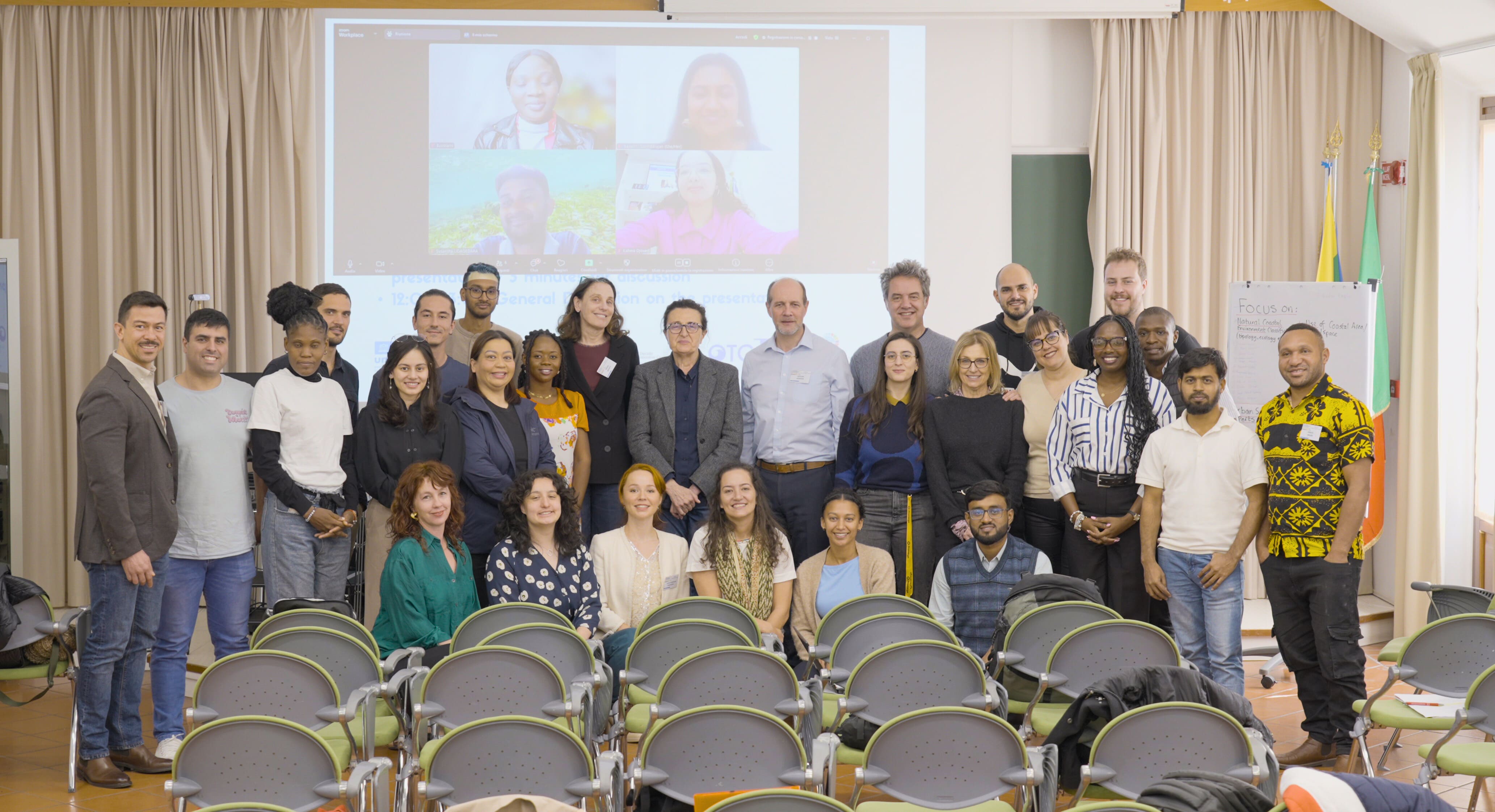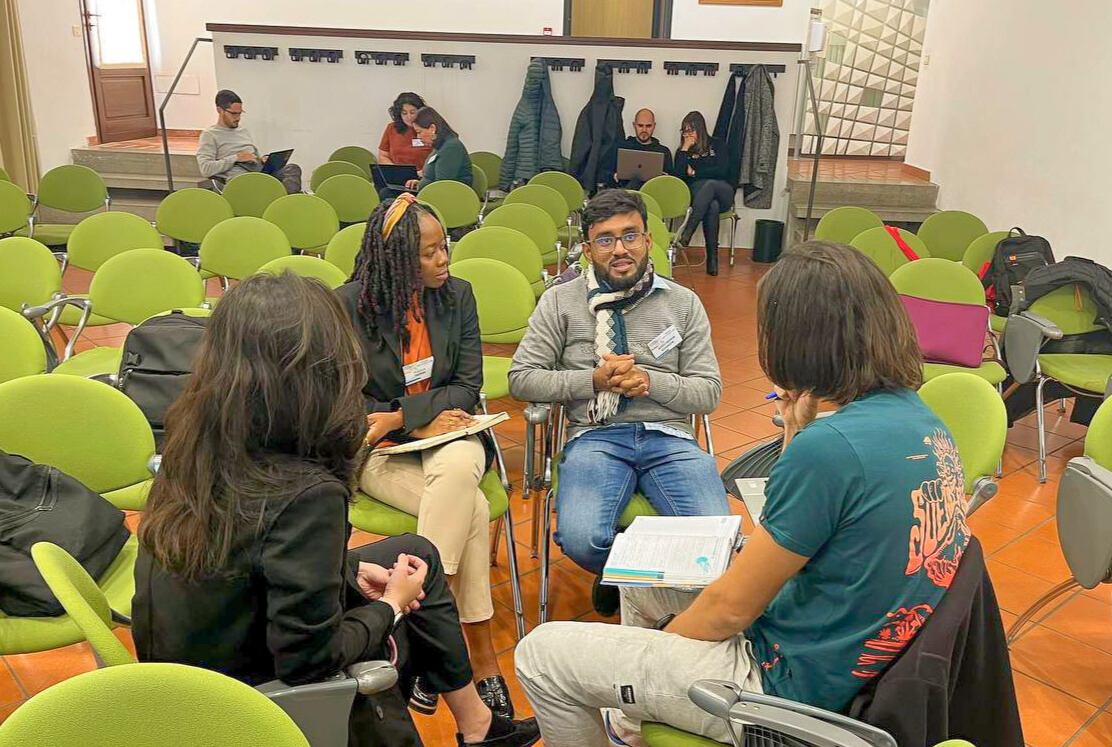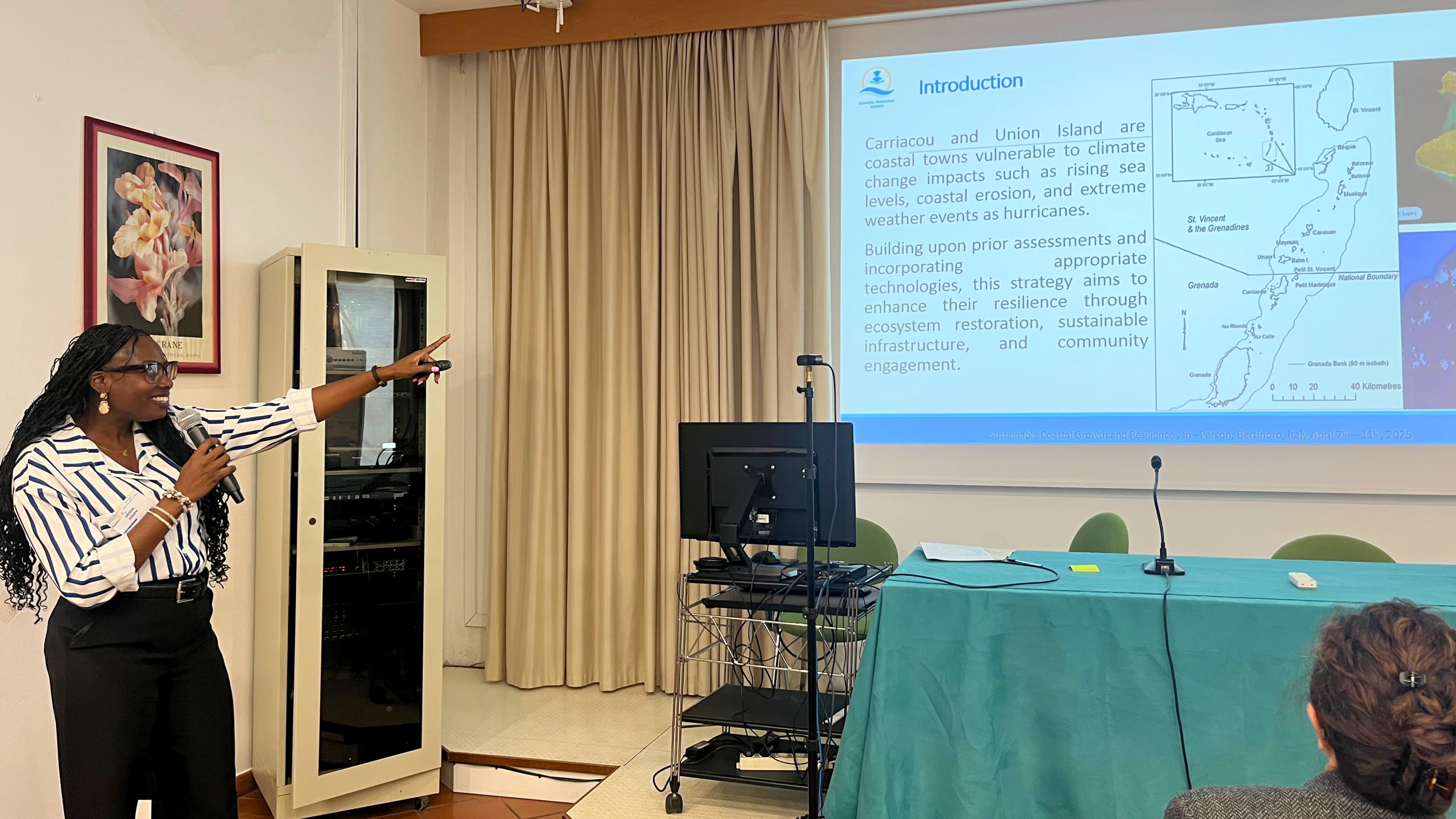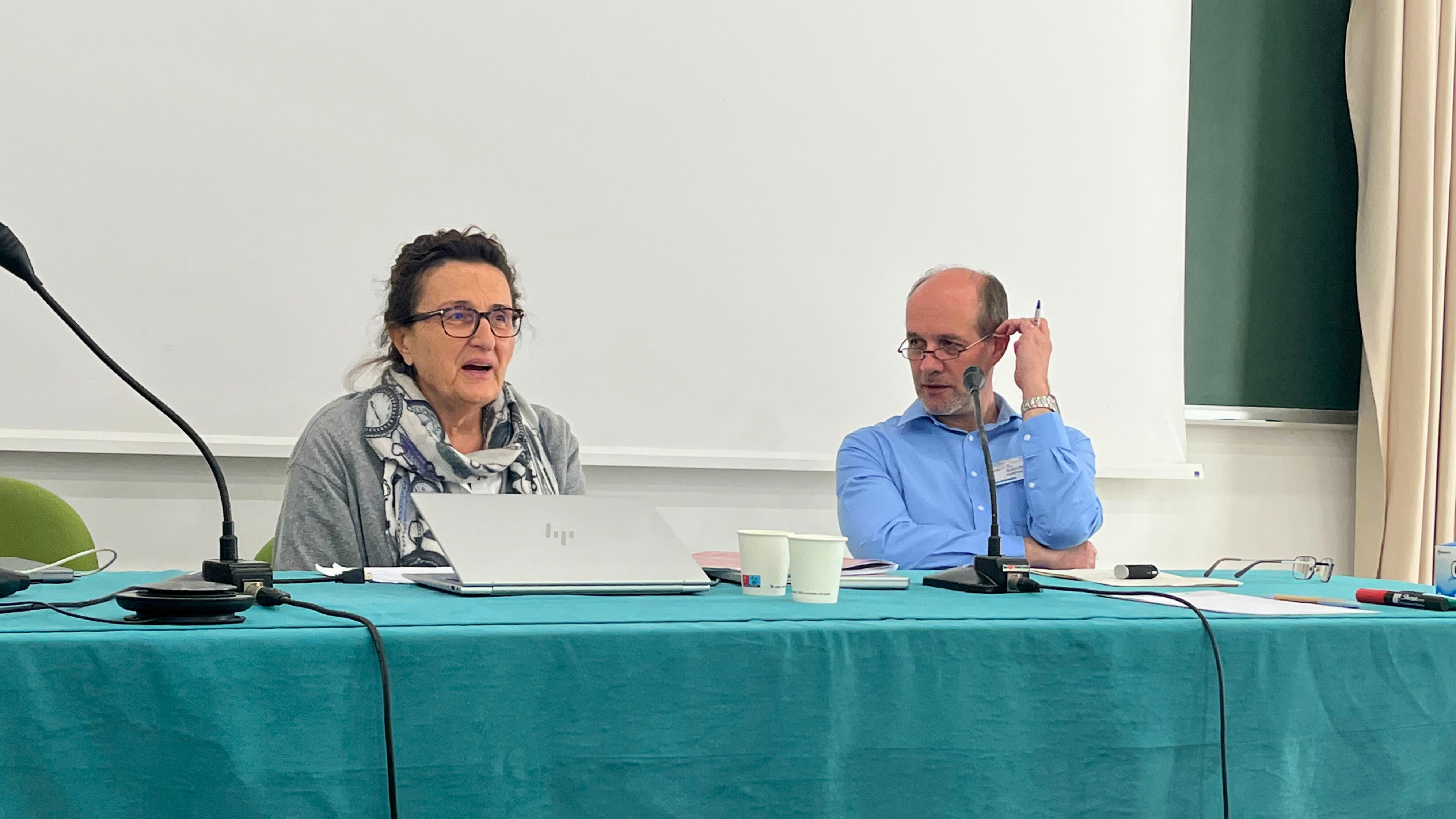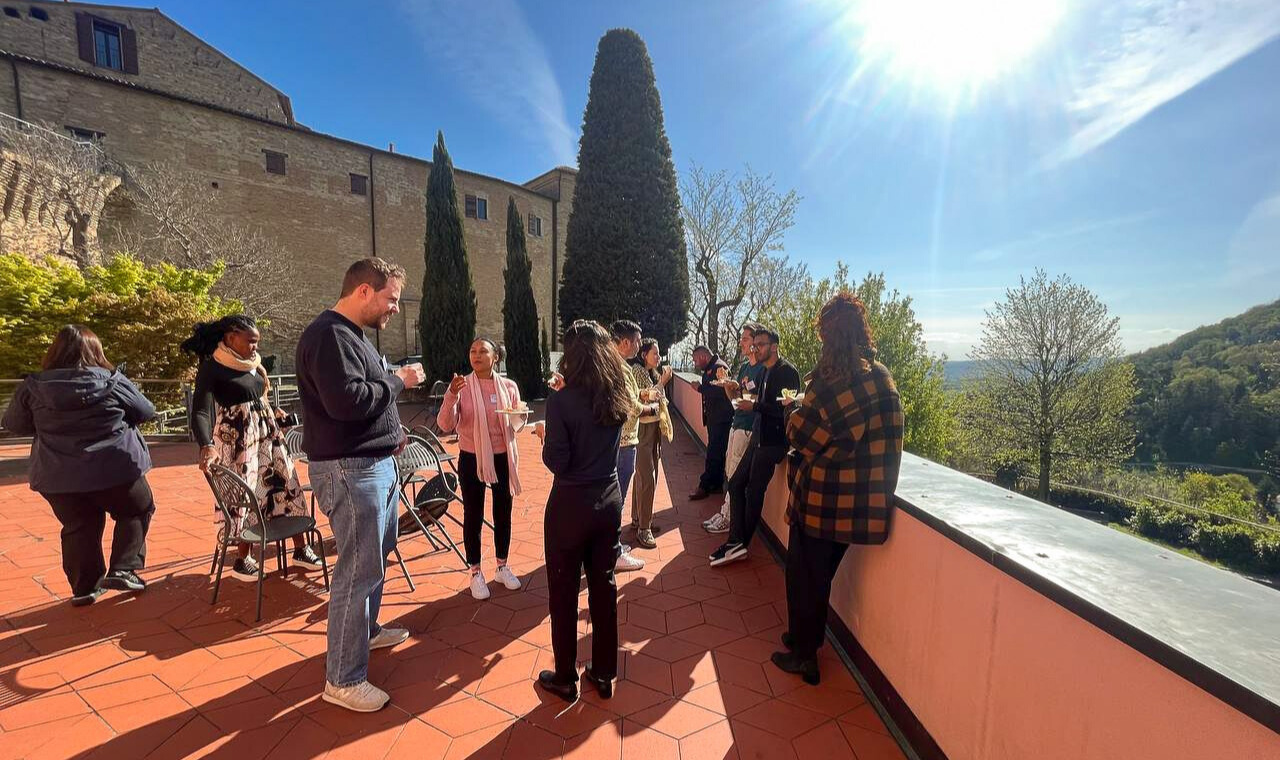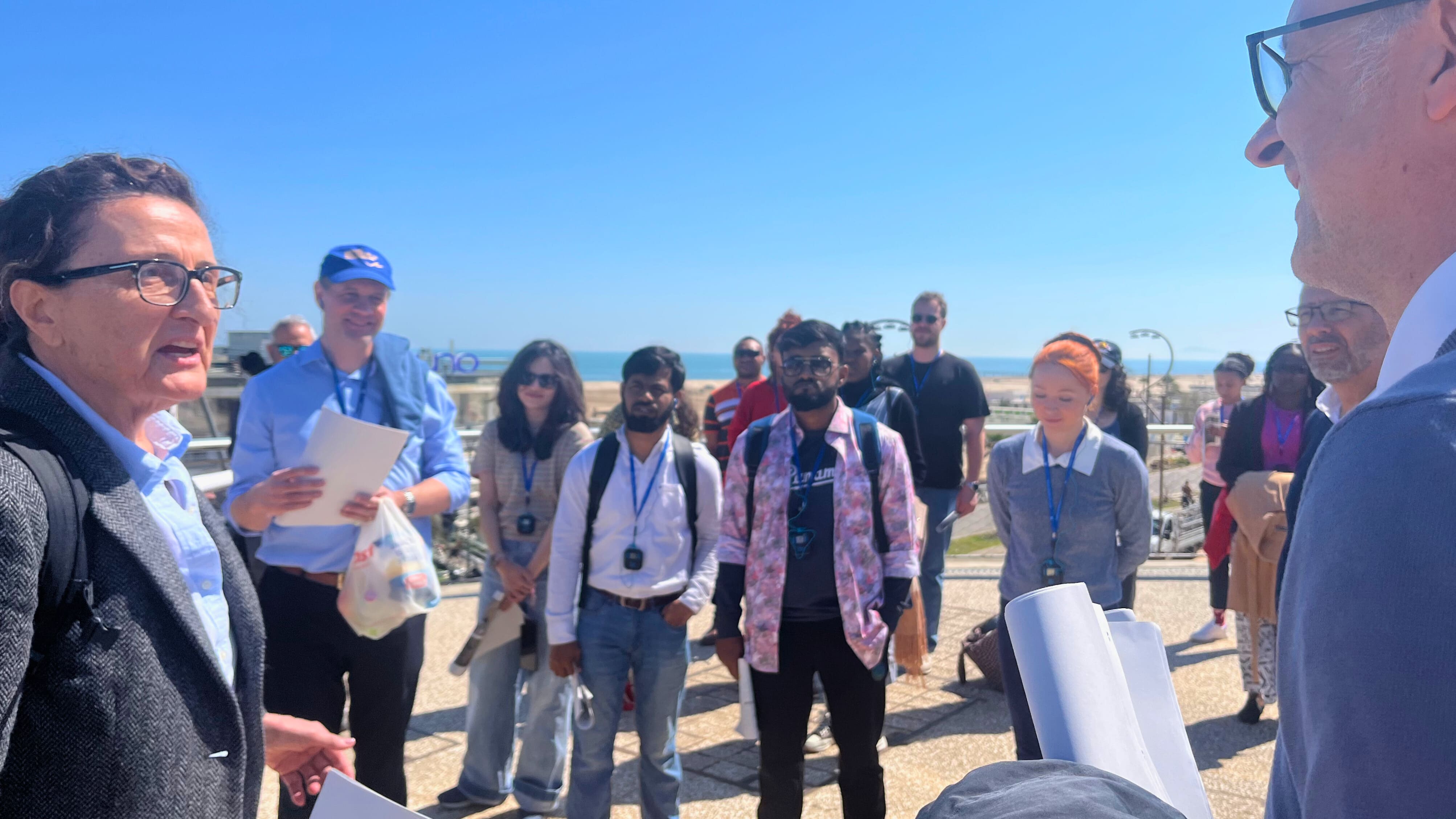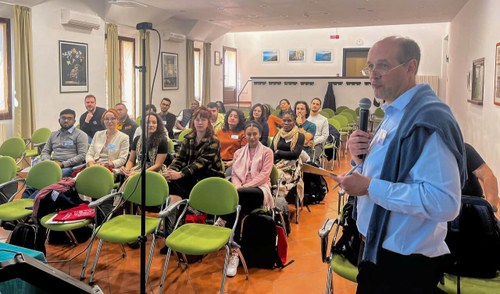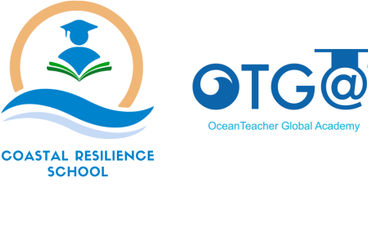
The Coastal Resilience School
A Strategic Framework for Education and Training
The Coastal Resilience School is the capacity development framework launched by the Decade Collaborative Centre for Coastal Resilience to provide a structured and strategic approach to education and training on Coastal Resilience.
It brings together a series of specialized, high-level training courses under one unified educational platform. Aligned with the DCC-CR’s strategic objective to promote equitable education and training (EE) within the framework of the UN Decade of Ocean Science, the School aims to strengthen the global community’s ability to respond to coastal challenges through inclusive, transdisciplinary, and practice-oriented learning opportunities.
The School is structured as an evolving programme composed of modular courses, each designed around a specific theme relevant to Coastal Resilience, such as remote sensing, sustainable coastal growth, nature-based solutions, or climate adaptation. A hallmark of the School is its hybrid learning format, which combines in-person and online components—lectures, hands-on sessions, group work, field activities, and stakeholder engagement. This innovative structure enhances access, supports knowledge co-production, and fosters long-term collaboration across sectors and regions. The School’s hybrid approach responds to a long-standing need for more flexible and impactful training formats and has already demonstrated its effectiveness also in the first course edition.
Through its educational programme, the Coastal Resilience School contributes directly to the DCC-CR’s mission of strengthening the connection between science, policy, and society. It is a long-term investment in capacity building that supports the formation of a diverse, well-prepared, and globally connected community of Coastal Resilience Professionals.

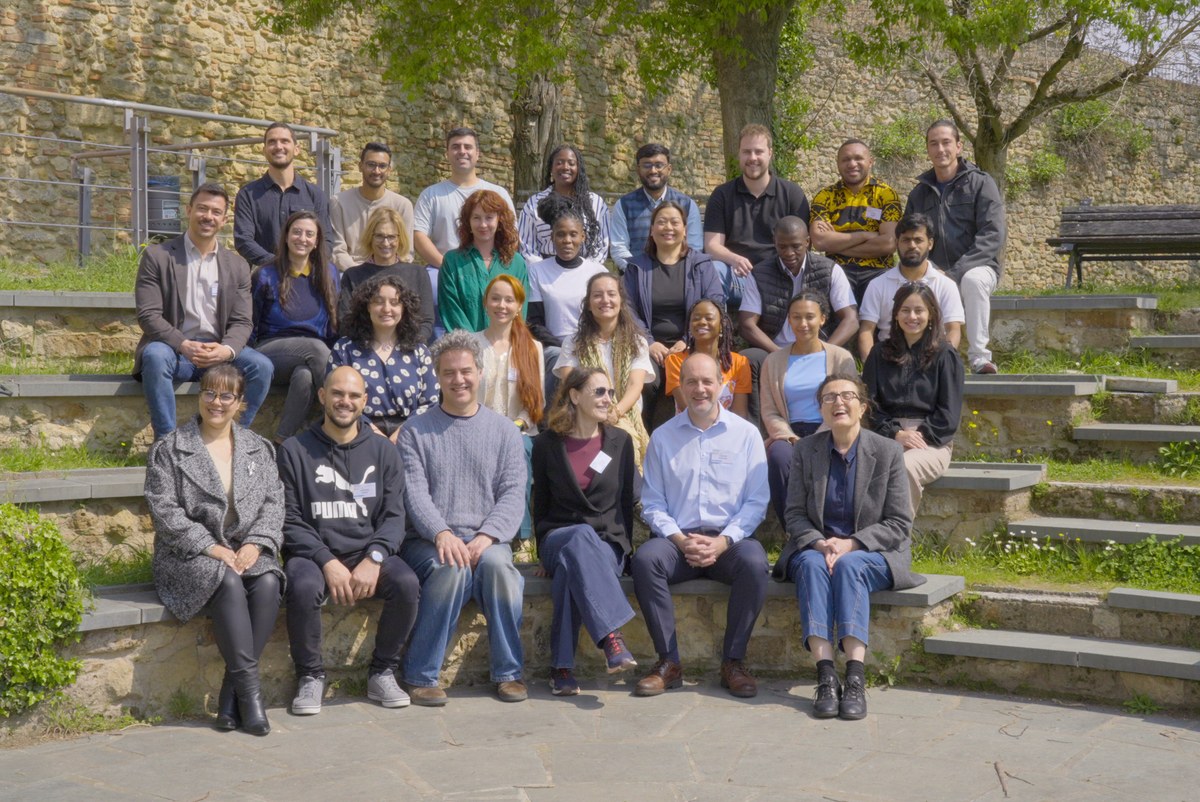
Sustainable Coastal Growth and Resilience - The First Course of the Coastal Resilience School
An advanced hybrid course on coastal resilience for early-career professionals, blending 10 weeks of online theory and practical sessions with an in-person workshop in Italy. Fully funded.
This hybrid course was designed for early-career professionals, scientists, consultants, and environmental agency representatives eager to address critical coastal resilience challenges. Combining rigorous theory with practical applications, the course offered a comprehensive 10-week virtual phase followed by an in-person workshop in Bertinoro, Italy (April 7–11, 2025).
The online phase, delivered through the OceanTeacher Global Academy platform, consisted of asynchronous lessons, webinars, and live tutorship, providing a flexible and interactive learning experience. During the same phase the students were made familiar with the Cloud computing resources of CINECA, Galileo 100 Interactive Computing Services, where a Cloud environment was set up for the students to analyse environmental data at the coast.
Participants gained advanced knowledge and hands-on experience, equipping them with tools and strategies to enhance coastal resilience in real-world contexts.
The course was free of charge, with travel and accommodation covered by the Decade Collaborative Centre for Coastal Resilience.
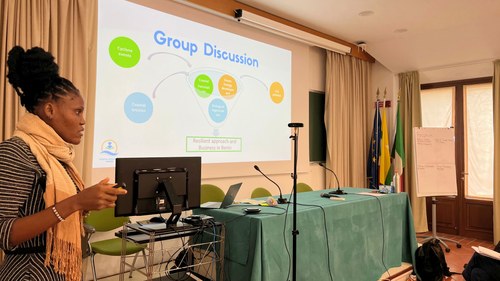
Course Structure
The course followed a blended format to optimize learning, alternating between online lessons, dedicated weeks for hands-on practice, and an in-person capstone workshop. Each online module included daily two-hour lessons (available at any time of day), followed by practical exercises, a live webinar, and mentorship sessions.
In-Person Workshop (April 7-11, 2025)
The final week of the course, held in Bertinoro, Italy, provided an immersive, hands-on learning experience. Participants synthesized knowledge gained from the online modules, collaborated in teams, and applied their expertise to real-world case studies.
This intensive workshop included:
-
Team Collaboration: Participants worked in multidisciplinary teams, exchanging insights and comparing approaches to coastal resilience across different regions.
-
Expert-Led Case Studies: Academics and professionals presented real-world examples, connecting theoretical learning to practical applications.
-
Project Development & Presentation: Each team developed and presented a comparative analysis based on their individual project reports, receiving expert feedback.
-
Field Visit: The week concluded with a guided visit to Rimini, where participants explored urban coastal resilience strategies firsthand.
Album
